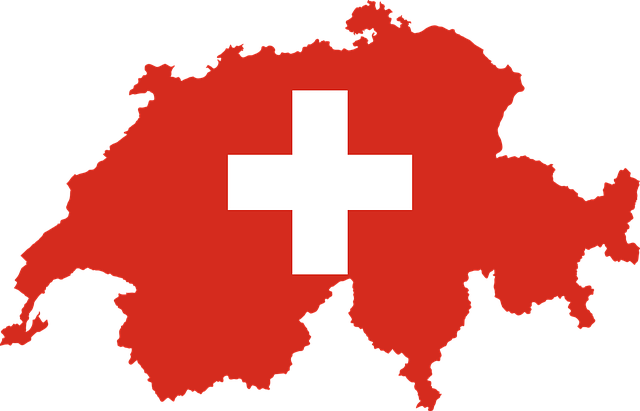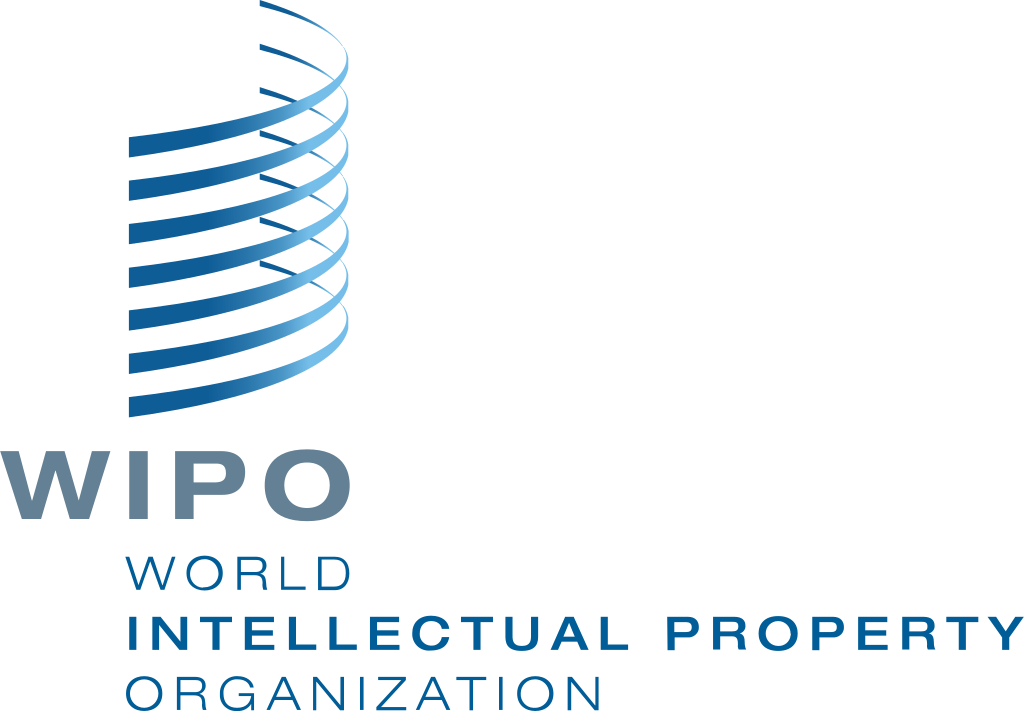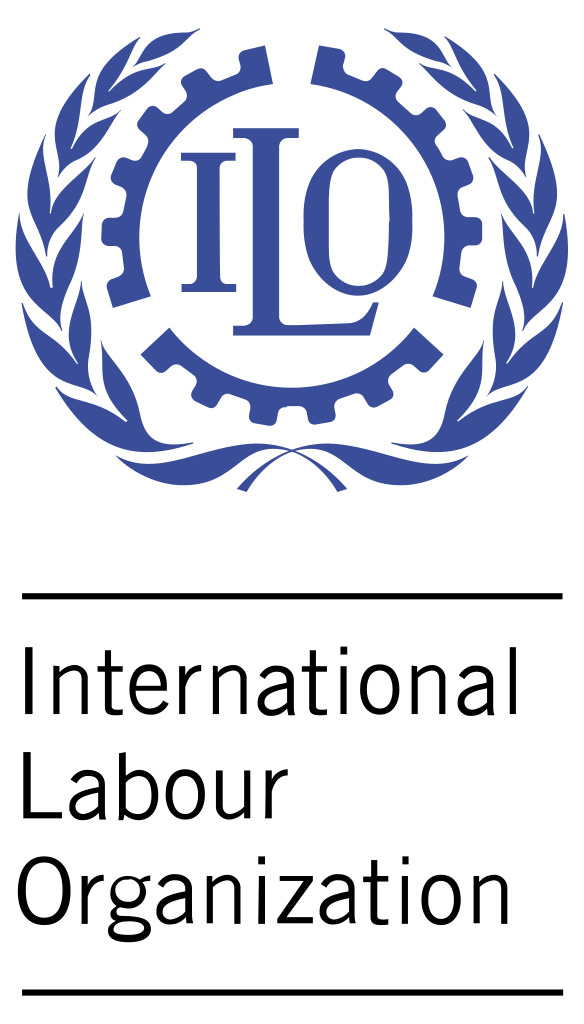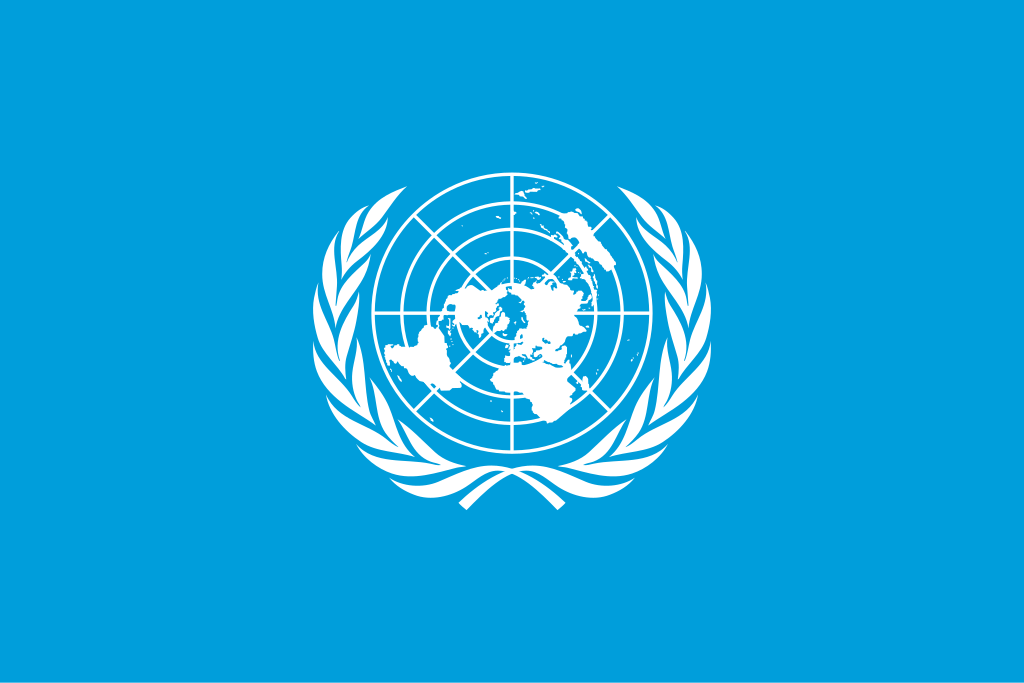International Maritime Organisation Quiz Questions
1. What is the primary role of the International Maritime Organization (IMO)?
(a) To regulate global air traffic
(b) To oversee international trade agreements
(c) To manage maritime and shipping-related issues
(d) To protect endangered marine species
2. When was the IMO established?
(a) 1945
(b) 1959
(c) 1973
(d) 1982
3. Where is the headquarters of the IMO located?
(a) New York City, USA
(b) Geneva, Switzerland
(c) London, United Kingdom
(d) Paris, France
4. The SOLAS Convention is a key instrument developed by the IMO. What does SOLAS stand for?
(a) Safety of Life at Sea
(b) Security of Life at Sea
(c) Ship Owners Liability Agreement
(d) Standard Operating Life Assurance System
5. Which IMO convention aims to prevent marine pollution by ships?
(a) MARPOL
(b) SOLAS
(c) STCW
(d) FAL
6. The International Ship and Port Facility Security (ISPS) Code was developed in response to which event?
(a) The Exxon Valdez oil spill
(b) The Titanic sinking
(c) The September 11 attacks
(d) The Chernobyl disaster
7. The IMO promotes technical cooperation to developing countries. Which of the following is NOT a focus area for this cooperation?
(a) Maritime safety
(b) Marine environmental protection
(c) Maritime security
(d) Fisheries management
8. Which IMO convention sets standards for the training, certification, and watchkeeping for seafarers?
(a) SOLAS
(b) MARPOL
(c) STCW
(d) FAL
9. The IMO Assembly is composed of representatives from which group?
(a) All IMO member states
(b) IMO Council members only
(c) Maritime industry stakeholders
(d) Non-governmental organizations
10. Which IMO convention aims to facilitate international maritime traffic?
(a) SOLAS
(b) MARPOL
(c) STCW
(d) FAL
11. The IMO has developed guidelines for the safe carriage of which type of cargo?
(a) Only liquid bulk cargoes
(b) Only dry bulk cargoes
(c) All types of cargoes
(d) Only hazardous cargoes
12. Which IMO convention addresses the recycling of ships?
(a) Hong Kong International Convention for the Safe and Environmentally Sound Recycling of Ships
(b) MARPOL
(c) SOLAS
(d) STCW
13. Which IMO committee is responsible for developing technical standards for maritime safety?
(a) Maritime Safety Committee (MSC)
(b) Marine Environment Protection Committee (MEPC)
(c) Legal Committee
(d) Facilitation Committee
14. The IMO has developed guidelines for the investigation of which type of maritime accidents?
(a) Collisions
(b) Groundings
(c) Fires
(d) All types of maritime accidents
15. The IMO has developed guidelines for the management of which type of maritime risk?
(a) Piracy
(b) Terrorism
(c) Natural disasters
(d) All types of maritime risks
16. The IMO has developed guidelines for the protection of which marine environment?
(a) Polar regions
(b) Coastal areas
(c) High seas
(d) All marine environments
17. Which of the following is NOT a primary function of the IMO?
(a) Ensuring maritime safety
(b) Preventing marine pollution
(c) Promoting efficient shipping
(d) Managing global fisheries
18. What is the purpose of the International Safety Management (ISM) Code?
(a) To establish standards for ship construction
(b) To regulate the carriage of dangerous goods
(c) To provide a framework for safety management on ships
(d) To prevent marine pollution
19. What is the role of the IMO Technical Cooperation Committee?
(a) To provide technical assistance to developing countries in the maritime sector
(b) To develop and adopt regulations on maritime safety
(c) To oversee the IMO’s financial matters
(d) To promote maritime cooperation among member states
20. The IMO has adopted various measures to enhance maritime security. Which of the following is an example of such a measure?
(a) The International Ship and Port Facility Security (ISPS) Code
(b) The Maritime Labour Convention (MLC)
(c) The Ballast Water Management Convention
(d) The London Convention
21. What is the primary objective of the Maritime Labour Convention (MLC)?
(a) To prevent marine pollution
(b) To ensure fair working and living conditions for seafarers
(c) To promote the safety of ships
(d) To facilitate international maritime trade
22. The IMO has adopted measures to address the issue of invasive aquatic species. Which convention is primarily responsible for this?
(a) The International Convention for the Prevention of Pollution from Ships (MARPOL)
(b) The International Convention on the Control and Management of Ships’ Ballast Water and Sediments
(c) The London Convention
(d) The International Convention on Standards of Training, Certification and Watchkeeping for Seafarers (STCW)
23. The IMO has adopted measures to address the issue of piracy. Which committee is primarily responsible for this?
(a) The Maritime Safety Committee (MSC)
(b) The Legal Committee
(c) The Marine Environment Protection Committee (MEPC)
(d) The Security Committee
24. What is the role of the IMO Marine Environment Protection Committee (MEPC)?
(a) To develop and adopt regulations on marine pollution prevention
(b) To oversee the IMO’s financial matters
(c) To promote maritime cooperation among member states
(d) To investigate maritime accidents
25. The IMO has adopted measures to address the issue of underwater noise pollution from ships. Which committee is primarily responsible for this?
(a) The Maritime Safety Committee (MSC)
(b) The Legal Committee
(c) The Marine Environment Protection Committee (MEPC)
(d) The Security Committee
International Maritime Organisation Quiz Questions with Answers
1. What is the primary role of the International Maritime Organization (IMO)?
(c) To manage maritime and shipping-related issues
2. When was the IMO established?
(d) 1982
3. Where is the headquarters of the IMO located?
(c) London, United Kingdom
4. The SOLAS Convention is a key instrument developed by the IMO. What does SOLAS stand for?
(a) Safety of Life at Sea
5. Which IMO convention aims to prevent marine pollution by ships?
(a) MARPOL
6. The International Ship and Port Facility Security (ISPS) Code was developed in response to which event?
(c) The September 11 attacks
7. The IMO promotes technical cooperation to developing countries. Which of the following is NOT a focus area for this cooperation?
(d) Fisheries management
8. Which IMO convention sets standards for the training, certification, and watchkeeping for seafarers?
(c) STCW
9. The IMO Assembly is composed of representatives from which group?
(a) All IMO member states
10. Which IMO convention aims to facilitate international maritime traffic?
(d) FAL
11. The IMO has developed guidelines for the safe carriage of which type of cargo?
(c) All types of cargoes
12. Which IMO convention addresses the recycling of ships?
(a) Hong Kong International Convention for the Safe and Environmentally Sound Recycling of Ships
13. Which IMO committee is responsible for developing technical standards for maritime safety?
(a) Maritime Safety Committee (MSC)
14. The IMO has developed guidelines for the investigation of which type of maritime accidents?
(d) All types of maritime accidents
15. The IMO has developed guidelines for the management of which type of maritime risk?
(d) All types of maritime risks
16. The IMO has developed guidelines for the protection of which marine environment?
(d) All marine environments
17. Which of the following is NOT a primary function of the IMO?
(d) Managing global fisheries
18. What is the purpose of the International Safety Management (ISM) Code?
(c) To provide a framework for safety management on ships
19. What is the role of the IMO Technical Cooperation Committee?
(a) To provide technical assistance to developing countries in the maritime sector
20. The IMO has adopted various measures to enhance maritime security. Which of the following is an example of such a measure?
(a) The International Ship and Port Facility Security (ISPS) Code
21. What is the primary objective of the Maritime Labour Convention (MLC)?
(b) To ensure fair working and living conditions for seafarers
22. The IMO has adopted measures to address the issue of invasive aquatic species. Which convention is primarily responsible for this?
(b) The International Convention on the Control and Management of Ships’ Ballast Water and Sediments
23. The IMO has adopted measures to address the issue of piracy. Which committee is primarily responsible for this?
(a) The Maritime Safety Committee (MSC)
24. What is the role of the IMO Marine Environment Protection Committee (MEPC)?
(a) To develop and adopt regulations on marine pollution prevention
25. The IMO has adopted measures to address the issue of underwater noise pollution from ships. Which committee is primarily responsible for this?
(c) The Marine Environment Protection Committee (MEPC)










